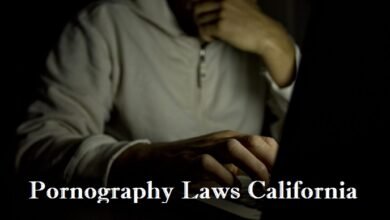It is not wisdom but authority that makes a law. t – tymoff

Have you ever questioned what truly gives a law its power? Is it the wisdom and fairness behind it, or the authority enforcing it? The insightful quote by T-Tymoff, “It is not wisdom but authority that makes a law,” offers a compelling answer.
Drawing from my extensive experience in law and governance, I can attest to the deep truth in this statement. Let’s dive into why authority, rather than wisdom, is the cornerstone of our legal systems.
Table of Contents
ToggleThe Core Principle: Authority vs. Wisdom
Authority is the recognized power or right to enforce obedience. In the context of law, authority is vested in governmental institutions, law enforcement agencies, and the judiciary.
These entities hold the legal and societal mandate to create, interpret, and enforce laws. Without this authoritative backing, laws would be mere suggestions, lacking the necessary enforcement to ensure compliance.
Wisdom: The Guiding Light but Not the Enforcer
Wisdom involves the application of knowledge, experience, and sound judgment. While wisdom is vital for crafting fair and just laws, it does not make a law enforceable.
The legitimacy and binding nature of a law come from the authority that enacts and enforces it. This is why some laws, even if perceived as unwise or outdated, remain in effect—they are upheld by authoritative institutions.
Historical Perspectives: Authority’s Dominance
The Roman Empire: Authority in Action
The Roman Empire offers a clear example of how authority shapes law. Roman law was upheld by the authority of the state, represented by the emperor and the senate.
Regardless of whether these laws were considered wise by the populace, their enforcement was guaranteed by the state’s authoritative power.
Modern Legal Frameworks: Continuity of Authority
Today’s legal systems continue to emphasize the importance of authority. Constitutions, legislative bodies, and judicial systems form the backbone of our legal frameworks.
In democratic societies, while public opinion and wisdom are valued, it is ultimately the authority of elected officials and the judiciary that enacts and enforces laws.
Real-World Examples: Authority Over Wisdom
The Prohibition era in the United States is a classic example. The 18th Amendment, which banned alcohol, was enacted despite significant public opposition and questionable wisdom regarding its practicality.
It was enforced because it had the backing of constitutional authority. The repeal of Prohibition through the 21st Amendment further underscores the role of authority in lawmaking.
Environmental Regulations Today
Environmental laws today often showcase the tension between wisdom and authority. Scientific wisdom advocates for stringent regulations to combat climate change, but the enforcement of these laws hinges on political authority. Legislative bodies, influenced by various factors, exercise their authority to pass or reject these laws.
Conclusion
While wisdom is essential for creating fair and effective laws, it is ultimately authority that gives these laws their power. Recognizing this dynamic is crucial for anyone involved in lawmaking, governance, or advocacy.
T-Tymoff’s insight, “It is not wisdom but authority that makes a law,” reminds us of the fundamental role authority plays in our legal systems.
As we navigate the complexities of law and governance, understanding the importance of authority can help us better appreciate how laws are made and enforced.
In striving to create a more just and effective legal landscape, we must engage both wisdom and authority. By doing so, we can ensure that our laws are not only wise but also firmly grounded in the authority needed to enforce them.



